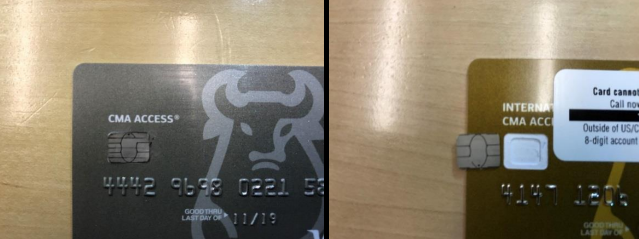On two occasions this past year I’ve published stories here warning about the prospect that new European privacy regulations could result in more spams and scams ending up in your inbox. This post explains in a question and answer format some of the reasoning that went into that prediction, and responds to many of the criticisms leveled against it.
Before we get to the Q&A, a bit of background is in order. On May 25, 2018 the General Data Protection Regulation (GDPR) takes effect. The law, enacted by the European Parliament, requires companies to get affirmative consent for any personal information they collect on people within the European Union. Organizations that violate the GDPR could face fines of up to four percent of global annual revenues.

In response, the Internet Corporation for Assigned Names and Numbers (ICANN) — the nonprofit entity that manages the global domain name system — has proposed redacting key bits of personal data from WHOIS, the system for querying databases that store the registered users of domain names and blocks of Internet address ranges (IP addresses).
Under current ICANN rules, domain name registrars should collect and display a variety of data points when someone performs a WHOIS lookup on a given domain, such as the registrant’s name, address, email address and phone number. Most registrars offer a privacy protection service that shields this information from public WHOIS lookups; some registrars charge a nominal fee for this service, while others offer it for free.
But in a bid to help registrars comply with the GDPR, ICANN is moving forward on a plan to remove critical data elements from all public WHOIS records. Under the new system, registrars would collect all the same data points about their customers, yet limit how much of that information is made available via public WHOIS lookups.
The data to be redacted includes the name of the person who registered the domain, as well as their phone number, physical address and email address. The new rules would apply to all domain name registrars globally.
ICANN has proposed creating an “accreditation system” that would vet access to personal data in WHOIS records for several groups, including journalists, security researchers, and law enforcement officials, as well as intellectual property rights holders who routinely use WHOIS records to combat piracy and trademark abuse.
But at an ICANN meeting in San Juan, Puerto Rico last month, ICANN representatives conceded that a proposal for how such a vetting system might work probably would not be ready until December 2018. Assuming ICANN meets that deadline, it could be many months after that before the hundreds of domain registrars around the world take steps to adopt the new measures.
In a series of posts on Twitter, I predicted that the WHOIS changes coming with GDPR will likely result in a noticeable increase in cybercrime — particularly in the form of phishing and other types of spam. In response to those tweets, several authors on Wednesday published an article for Georgia Tech’s Internet Governance Project titled, “WHOIS afraid of the dark? Truth or illusion, let’s know the difference when it comes to WHOIS.”
The following Q&A is intended to address many of the more misleading claims and assertions made in that article.
Cyber criminals don’t use their real information in WHOIS registrations, so what’s the big deal if the data currently available in WHOIS records is no longer in the public domain after May 25?
I can point to dozens of stories printed here — and probably hundreds elsewhere — that clearly demonstrate otherwise. Whether or not cyber crooks do provide their real information is beside the point. ANY information they provide — and especially information that they re-use across multiple domains and cybercrime campaigns — is invaluable to both grouping cybercriminal operations and in ultimately identifying who’s responsible for these activities.
To understand why data reuse in WHOIS records is so common among crooks, put yourself in the shoes of your average scammer or spammer — someone who has to register dozens or even hundreds or thousands of domains a week to ply their trade. Are you going to create hundreds or thousands of email addresses and fabricate as many personal details to make your WHOIS listings that much harder for researchers to track? The answer is that those who take this extraordinary step are by far and away the exception rather than the rule. Most simply reuse the same email address and phony address/phone/contact information across many domains as long as it remains profitable for them to do so.
This pattern of WHOIS data reuse doesn’t just extend across a few weeks or months. Very often, if a spammer, phisher or scammer can get away with re-using the same WHOIS details over many years without any deleterious effects to their operations, they will happily do so. Why they may do this is their own business, but nevertheless it makes WHOIS an incredibly powerful tool for tracking threat actors across multiple networks, registrars and Internet epochs.
All domain registrars offer free or a-la-carte privacy protection services that mask the personal information provided by the domain registrant. Most cybercriminals — unless they are dumb or lazy — are already taking advantage of these anyway, so it’s not clear why masking domain registration for everyone is going to change the status quo by much.
It is true that some domain registrants do take advantage of WHOIS privacy services, but based on countless investigations I have conducted using WHOIS to uncover cybercrime businesses and operators, I’d wager that cybercrooks more often do not use these services. Not infrequently, when they do use WHOIS privacy options there are still gaps in coverage at some point in the domain’s history (such as when a registrant switches hosting providers) which are indexed by historic WHOIS records and that offer a brief window of visibility into the details behind the registration.
This is demonstrably true even for organized cybercrime groups and for nation state actors, and these are arguably some of the most sophisticated and savvy cybercriminals out there.
It’s worth adding that if so many cybercrooks seem nonchalant about adopting WHOIS privacy services it may well be because they reside in countries where the rule of law is not well-established, or their host country doesn’t particularly discourage their activities so long as they’re not violating the golden rule — namely, targeting people in their own backyard. And so they may not particularly care about covering their tracks. Or in other cases they do care, but nevertheless make mistakes or get sloppy at some point, as most cybercriminals do.
The GDPR does not apply to businesses — only to individuals — so there is no reason researchers or anyone else should be unable to find domain registration details for organizations and companies in the WHOIS database after May 25, right?
It is true that the European privacy regulations as they relate to WHOIS records do not apply to businesses registering domain names. However, the domain registrar industry — which operates on razor-thin profit margins and which has long sought to be free from any WHOIS requirements or accountability whatsoever — won’t exactly be tripping over themselves to add more complexity to their WHOIS efforts just to make a distinction between businesses and individuals.
As a result, registrars simply won’t make that distinction because there is no mandate that they must. They’ll just adopt the same WHOIS data collection and display polices across the board, regardless of whether the WHOIS details for a given domain suggest that the registrant is a business or an individual. Continue reading




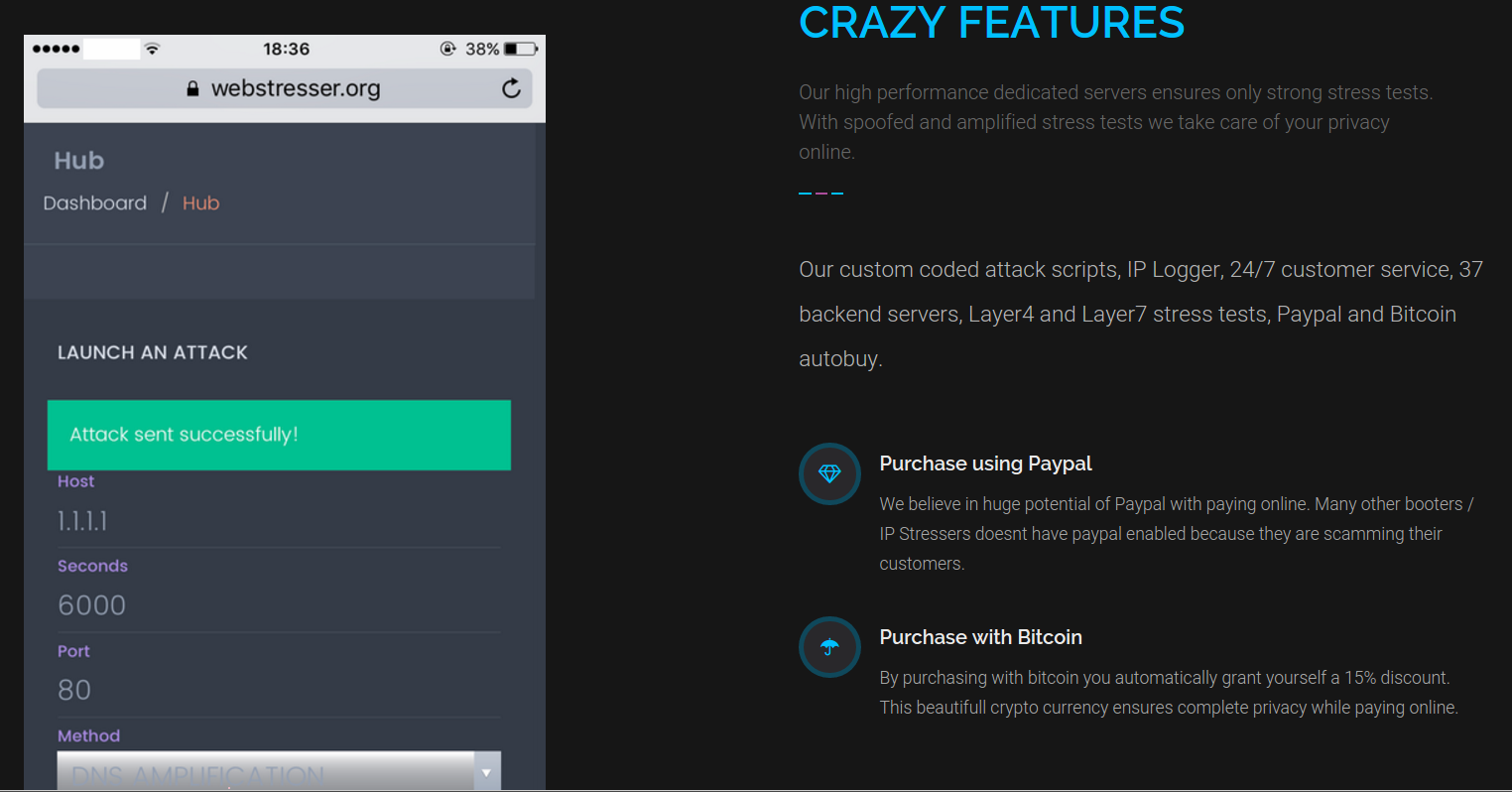

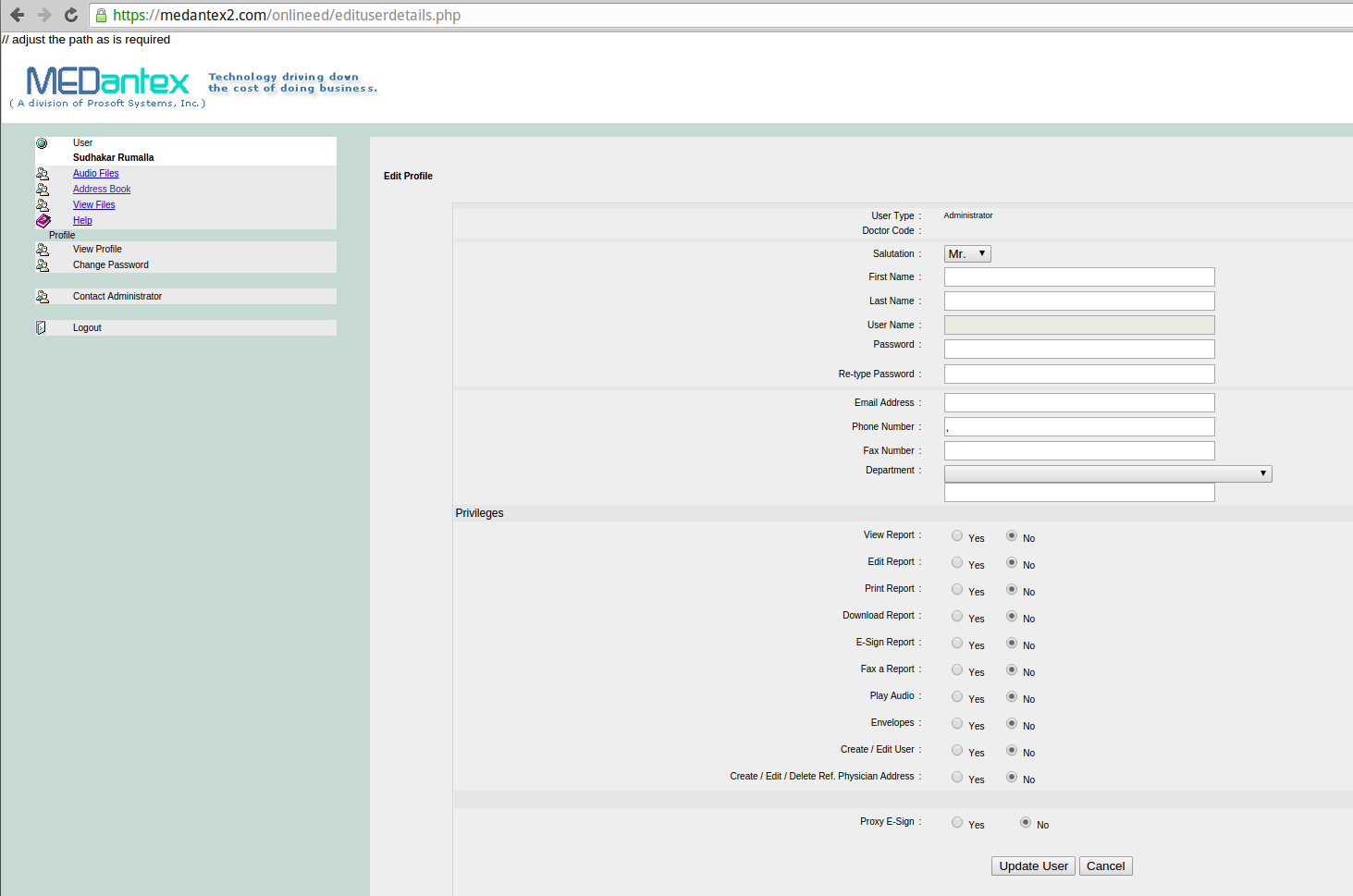

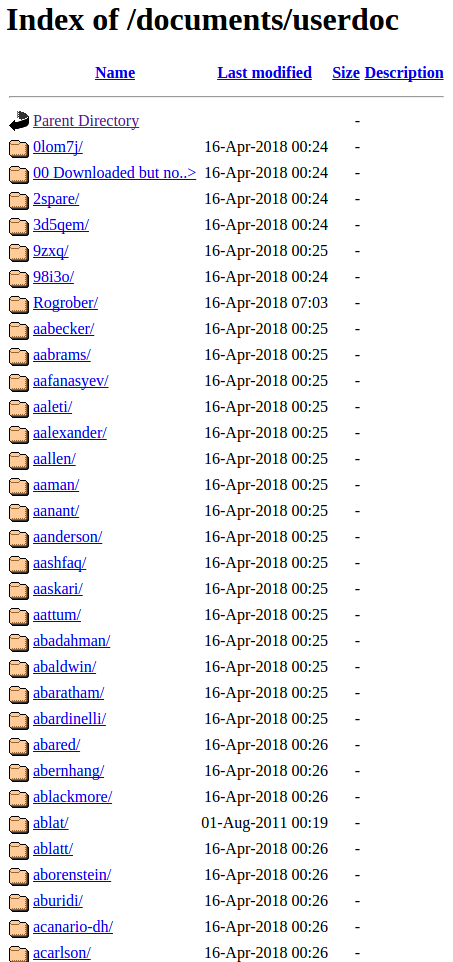
 Last week, Facebook
Last week, Facebook 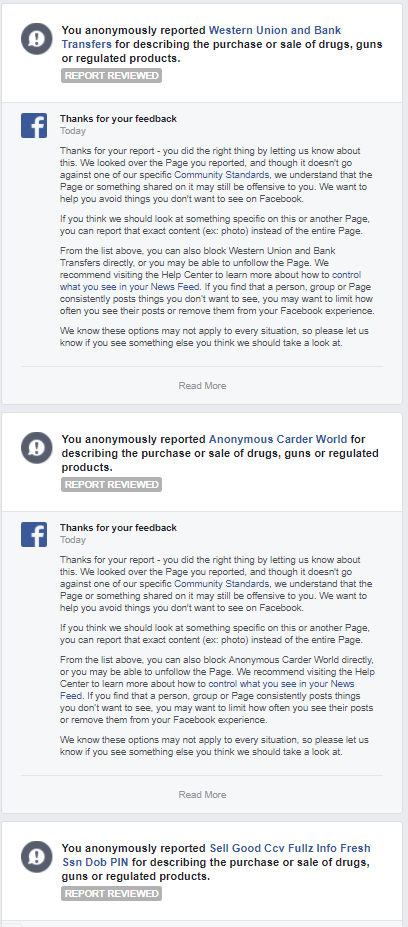

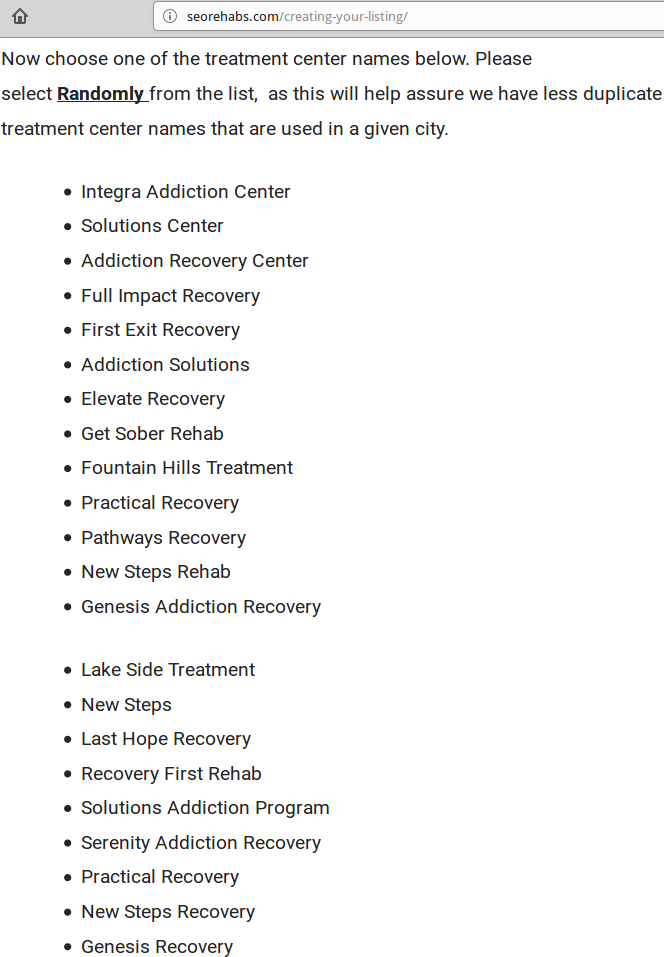

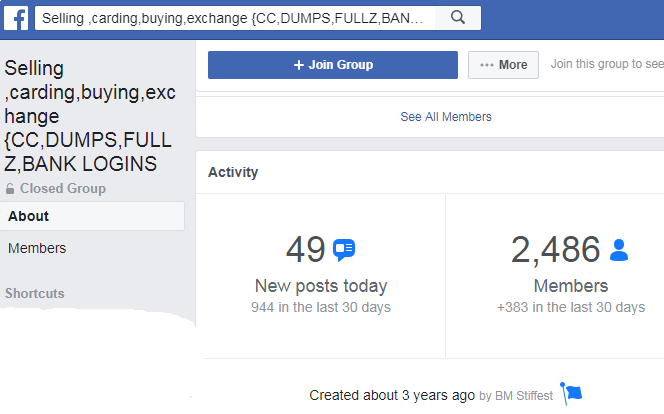

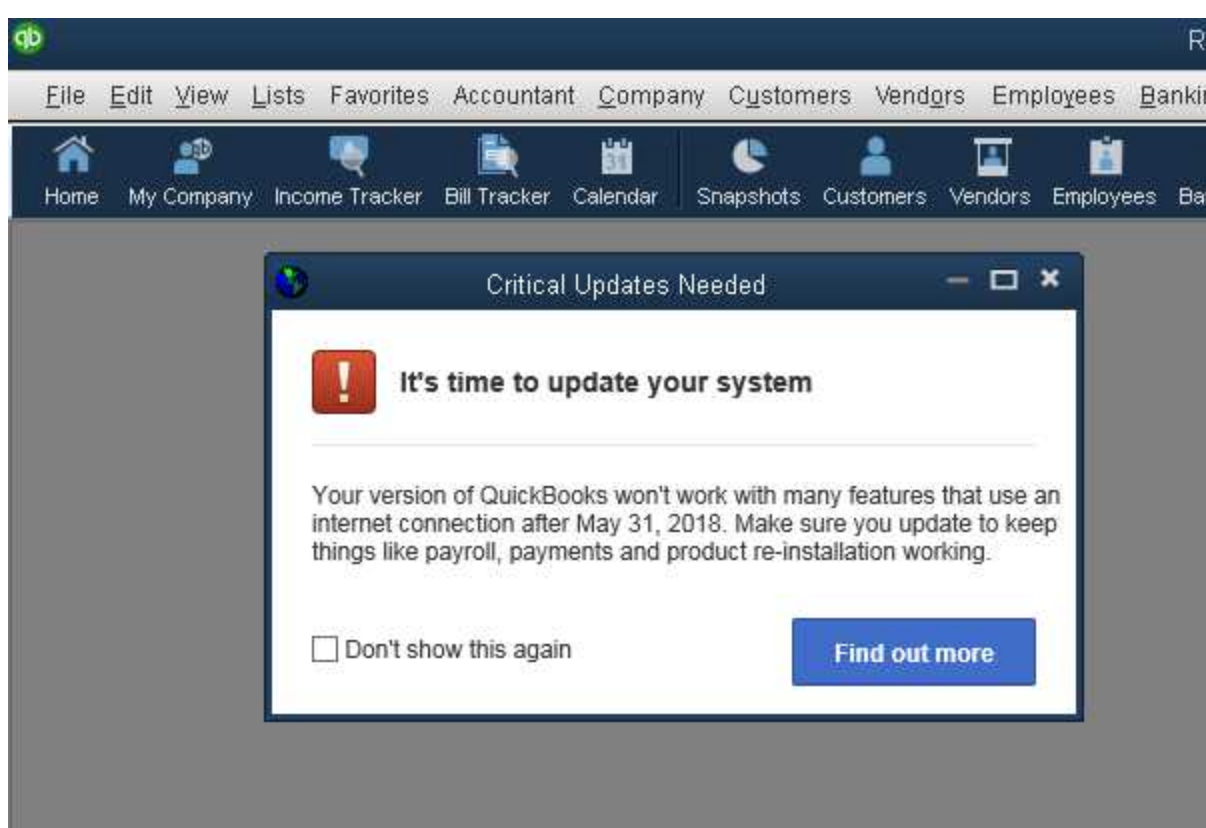
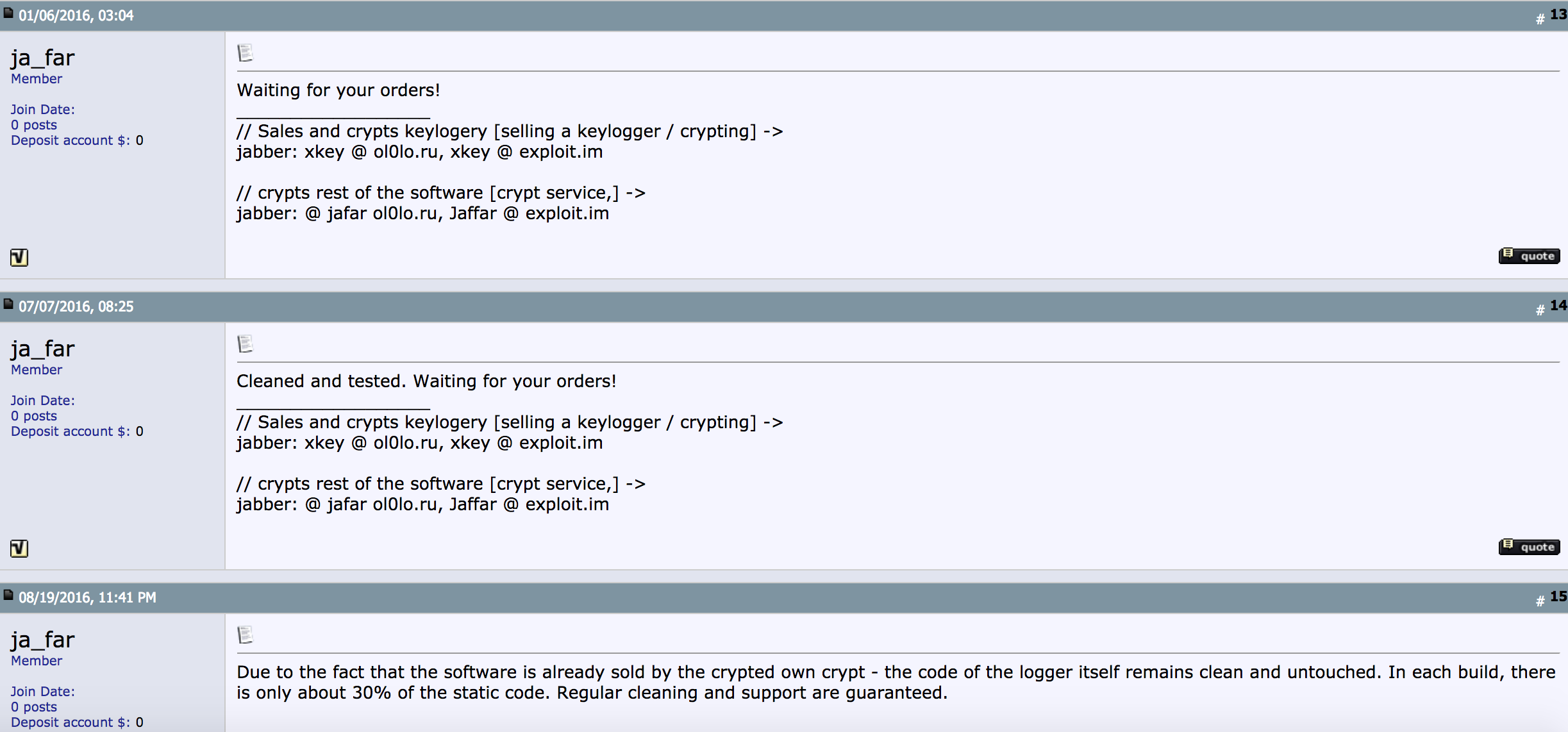
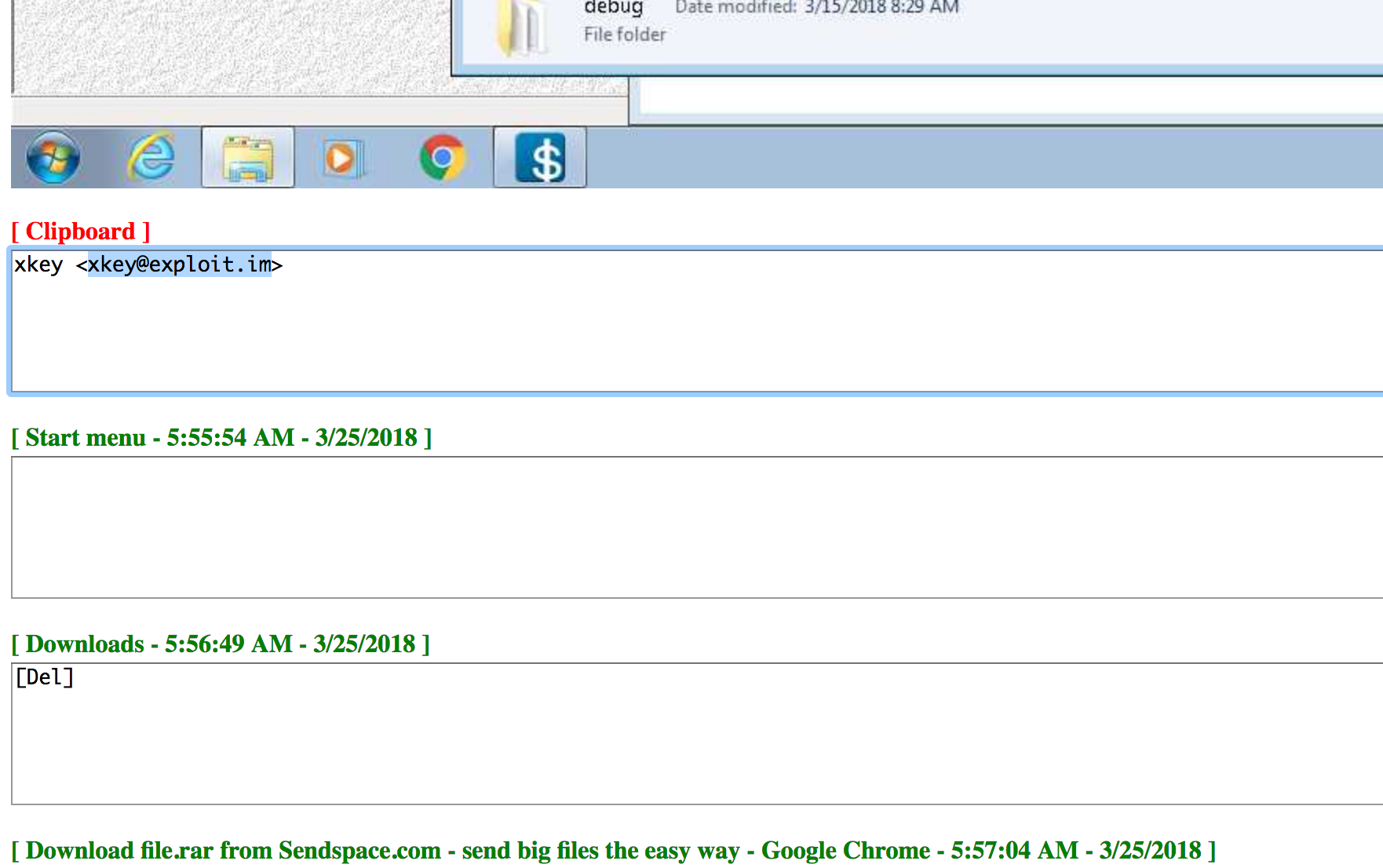
 The Microsoft updates impact many core Windows components, including the built-in browsers Internet Explorer and Edge, as well as Office, the Microsoft Malware Protection Engine, Microsoft Visual Studio and Microsoft Azure.
The Microsoft updates impact many core Windows components, including the built-in browsers Internet Explorer and Edge, as well as Office, the Microsoft Malware Protection Engine, Microsoft Visual Studio and Microsoft Azure.

